13 must-read books on the environment and climate change | Earth Day
13 must-read books on the environment and climate change | Earth Dayon Apr 22, 2021
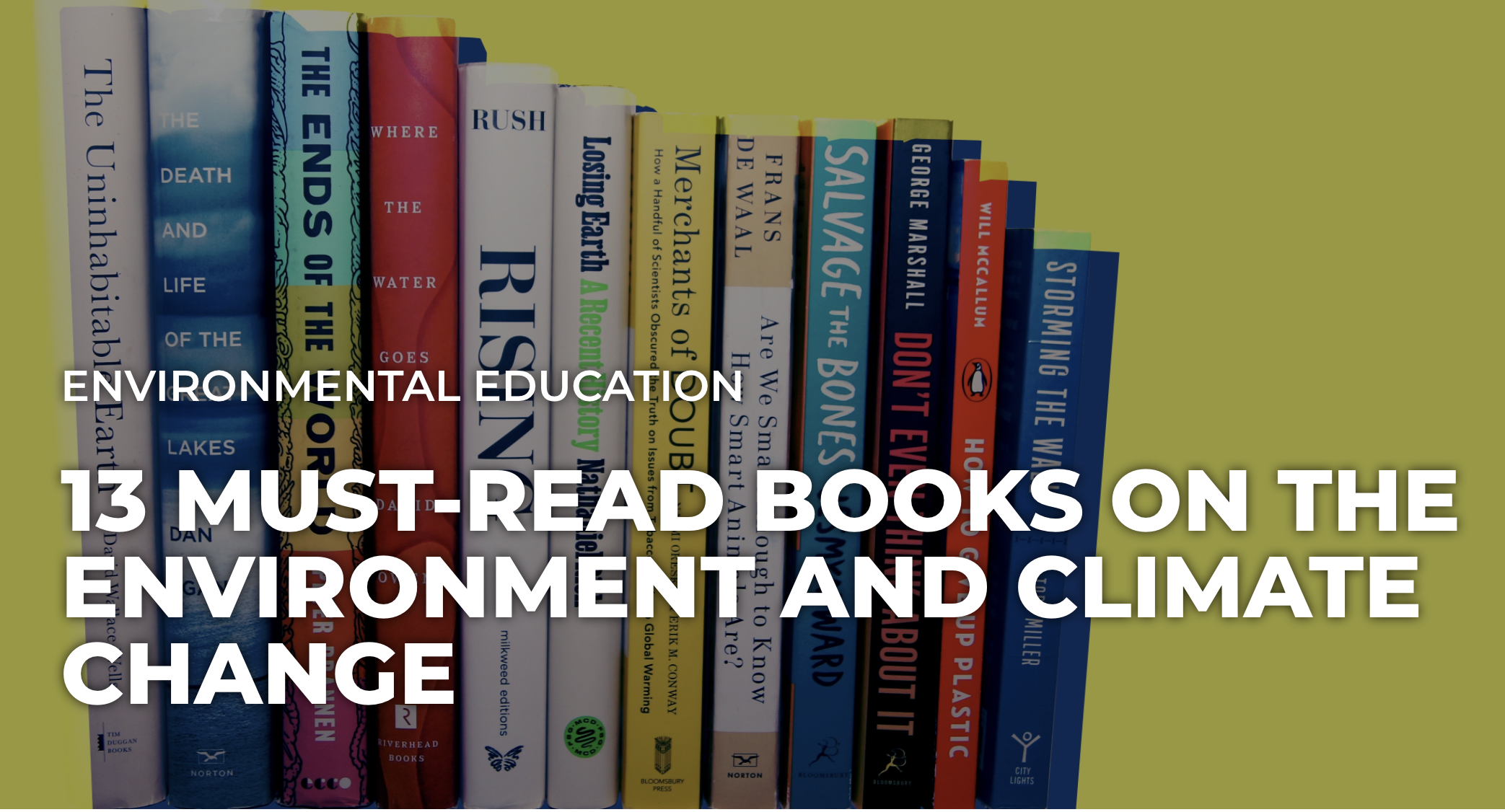
Below are some of our favorites, covering a range of topics, including sea-level rise, species protection, plastics pollution and the climate refugee crisis. Hey, we never said they were beach reads…
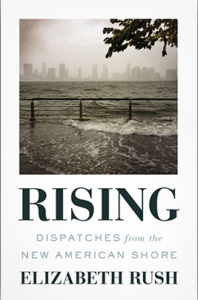
Rising | Elizabeth Rush Dispatches from the New American Shore
In “Rising,” Elizabeth Rush takes readers to the physical and cultural edges of the country, from the marginalized and forgotten citizens of places like Isle de Jean Charles, Louisiana, to the glass castles of Facebook and Google in Silicon Valley. As high tide and massive storms become the new normal, those at the coasts, especially those with lower incomes, will be most at risk of flooding and all that comes with it. At stake are not just coastlines; entire communities stand to lose their homes and lifestyles to climate change, becoming the first of many climate refugees. The question is not a matter of if but when we lose these lands, and Rush explores how we cope with this knowledge. — Brandon Pytel, Communications Manager/Writer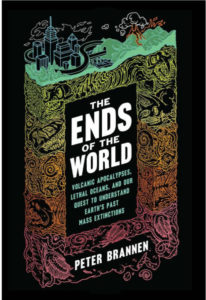
The Ends of the World | Peter Brannen Volcanic Apocalypses, Lethal Oceans, and Our Quest to Understand Earth’s Past Mass Extinctions
As we stare down the barrel of our own (man-made) catastrophe, science journalist Pete Brannen takes us on a walk down memory lane over millions of years to examine the planet’s five mass extinctions. With paleontologists as our protagonists, “The Ends of the World” uses fossil records across the globe to autopsy our five mass extinctions and portend our future. While the topic might sound as dry as a fossilized trilobite, Brannen’s wit may leave you chuckling aloud, from Ordovician to Cretaceous — call it rock and droll. — Justine Sullivan, Director, Communications and Digital Media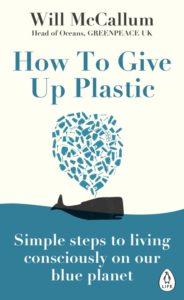
How to Give Up Plastic | Will McCallum A Guide to Changing the World, One Plastic Bottle at a Time
Plastics are everyone’s problem, and unless we as individuals, governments and companies all share responsibility, we won’t solve ever solve it. In this book, Will McCallum, head of oceans at Greenpeace UK, frames the current state of global plastic pollution and the environmental consequences of our throwaway, single-use culture. Part history, part guide, “How to Give Up Plastic” helps us understand our plastics addiction while giving us practical, ambitious steps to correct it. — Brandon Pytel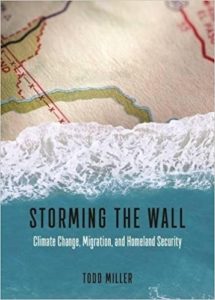
Storming the Wall | Todd Miller Climate Change, Migration, and Homeland Security
It’s time to open our eyes to the economic and political implications of climate change. In “Storming the Wall,” Todd Miller tells the story of climate change refugees that have been forced from their homes and paints a larger picture of how wealthy countries like the United States are putting up walls, militarizing borders and bloating detention centers to restrict those seeking refuge and maintain the status quo of the haves and have nots. — Michelle Pawliger, Director, Food and Environment Program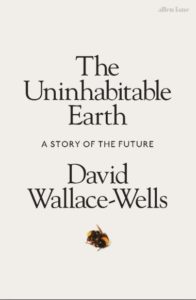
The Uninhabitable Earth | David Wallace-Wells Life After Warming
Need to get up-to-speed on our climate emergency? “The Uninhabitable Earth” may be the book for you. In 200-odd pages, columnist and editor David Wallace-Wells deftly unpacks the past, present and future of life in the time of anthropogenic global warming. Remarkably, Wallace-Wells’s prose manages to convey not only the urgency (and anxiety) of our environmental crisis, but the opportunity we still have to seize the solutions right in front of us and turn things around. First you’ll get scared straight; then you’ll get straight to work. — Justine Sullivan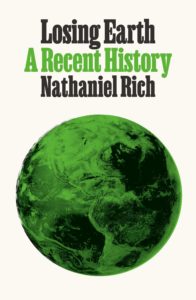
Losing Earth | Nathaniel Rich A Recent History
“Losing Earth” explores the environmental decade that never was: 1979–89, when we knew all we needed to know about global warming to stop it. Tracing the political and scientific history of the climate crisis, Nathaniel Rich reports how the public, with scientific backing, lined up to tackle climate change — until a coordinated campaign by lobbyists, corporations and politicians cast doubt on the whole thing. We all know what happened next. To understand how we got to where we are, we must look to the shortcomings of our past. “Losing Earth” does just that. — Brandon Pytel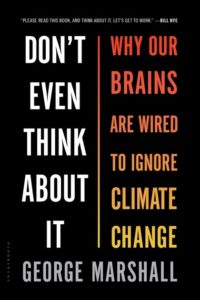
Don’t Even Think About It | George Marshall Why Our Brains Are Wired to Ignore Climate Change
Why is our response to climate change so woeful? George Marshall explores how we make choices to act or ignore. And when it comes to climate change, it’s usually the latter. Climate change is a “wicked problem,” Marshall writes, a complicated challenge with no clear enemy and no silver-bullet solution. To tackle this problem and mobilize action, “Don’t Even Think About It” argues we need science, but just as importantly, we need emotional, compelling narratives. — Nick Nuttall, International Strategic Communications Director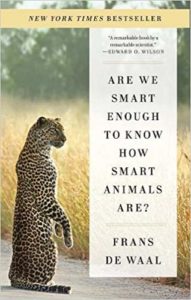
Are We Smart Enough to Know How Smart Animals Are? | Frans de Waal
People have long assumed that complex thought and emotion were exclusive to humanity. Primatologist and ethologist Frans de Waal challenges this assumption, outlining the evolution of human understanding of animal cognition and exploring case studies of animal problem solving, tool use and social structures. This book is a source of provocative research findings, a history and critique of the field and a personal narrative of de Waal’s own career evolution. The result drives readers to reevaluate what it means to be intelligent while deepening their appreciation for the unique and diverse talents across the animal kingdom. — Kira Heeschen, Education Coordinator Also read : https://www.frontlist.in/amazon-offering-10-free-kindle-e-books-to-celebrate-world-book-day-heres-how-to-get/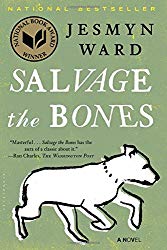
Salvage the Bones | Jesmyn Ward
Facts and figures may drive policy, but they rarely stir emotion with the strength that pure human storytelling can do. “Salvage the Bones” is the only work of fiction on this list, but author Jesmyn Ward comes from a place of enormous truth to tell the story of the Batiste family — bolstered by community, defined by pride and threatened by extreme heat and the battering of ever-stronger hurricanes. Like the book’s protagonist, 15-year-old Esch, Ward grew up on the Mississippi Gulf Coast and lived through Hurricane Katrina, a category-5 hurricane that pummeled communities already made vulnerable by wetland degradation, local land subsistence and flooding. Ward’s prose rises above the cut-and-dried news coverage of the time to tell the story with a dignity and intensity that demonstrates all that we can create together and all that we stand to lose by climate change. — Justine Sullivan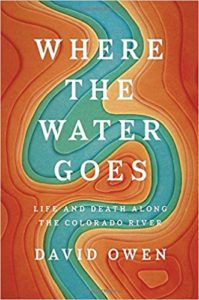
Where the Water Goes | David Owen Life and Death Along the Colorado River
The Colorado River provides water for nearly 40 million people, but with climate change and booming populations, this river’s tap is close to running dry. David Owen takes us on a journey down this prized waterway, from the snowmelt atop the Rocky Mountains to the dried-up deserts of Mexico. After nearly a century of division by lawyers and politicians, overuse by farmers and cities and redirection by engineers and bureaucrats, the Colorado River’s resilience is waning. We’ve created this mess, but we can also pull ourselves out of it, Owen argues, before the tap runs completely dry. — Brandon Pytel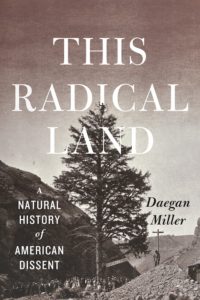
This Radical Land | Daegan Miller A Natural History of Dissent
When most still believed the natural world was a limitless resource for the taking, early environmentalists saw an ideal in which humans could coexist with the natural world, rather than exploiting it. Through a series of essays, Daegan Miller highlights efforts to bring together ideals of environmental justice, conservation and sustainable development at a time in history when American progress was viewed through the lens of unhindered extraction and expansion. This journey into the earliest beginnings of environmentalism is a reminder that radical, innovative ideas have always been a part of the effort to live in harmony with our planet. — David Ayer, End Plastic Pollution Campaign Manager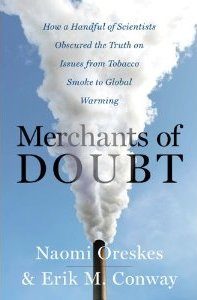
Merchants of Doubt | Naomi Oreskes, Erik M. Conway
In “Merchants of Doubt,” Naomi Oreskes and Erik M. Conway draw a direct line between the tobacco industry’s initial response to secondhand smoke and our contemporary way of thinking about science, specifically global warming. As the books explains, a few industry-backed scientists led a coordinated campaign to cast doubt on science: Cherry-picking facts, misrepresenting views and celebrating unregulated capitalism as inherently American. It’s a common theme in our history and one that is still playing out today: Thanks to a few very powerful people, facts have been misconstrued and the public misguided in favor of unregulated, corporate-friendly ventures. Meanwhile, global warming has accelerated and so, too, has our own doubt about it. — Brandon Pytel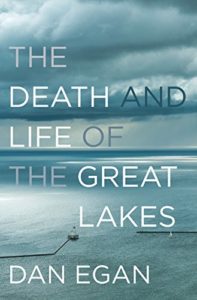



.jpg)






.jpg)

.jpg)
.jpg)
.jpg)
.jpg)
.jpg)
.jpg)


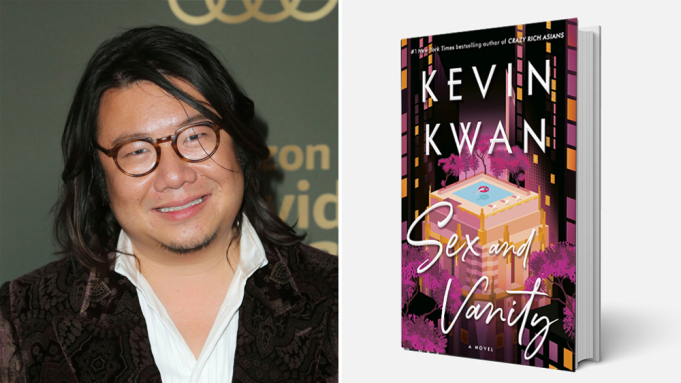
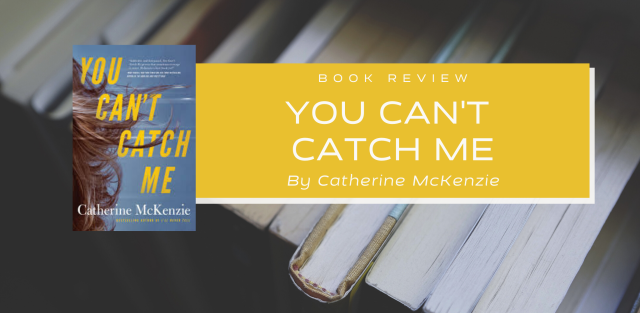
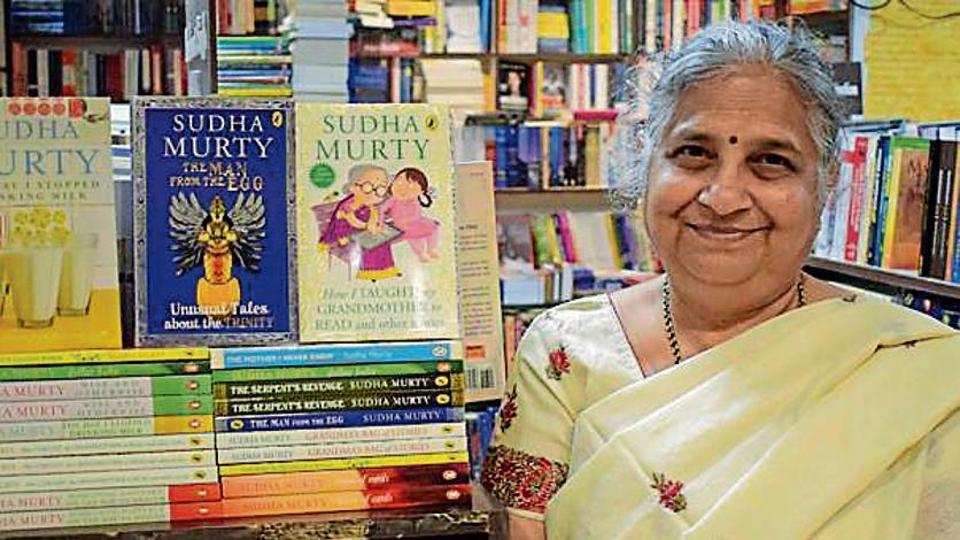
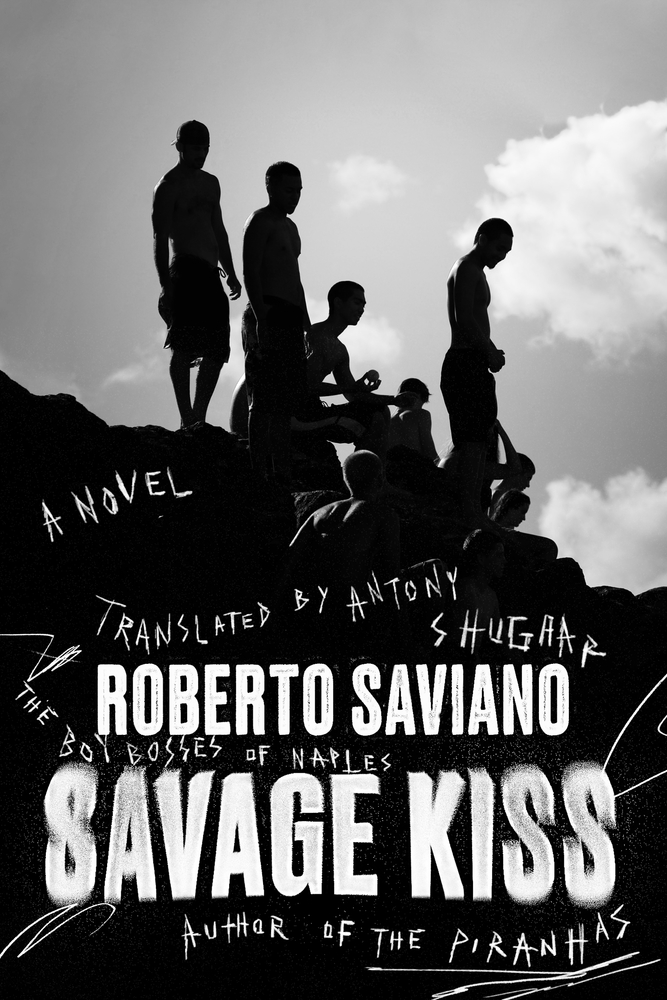
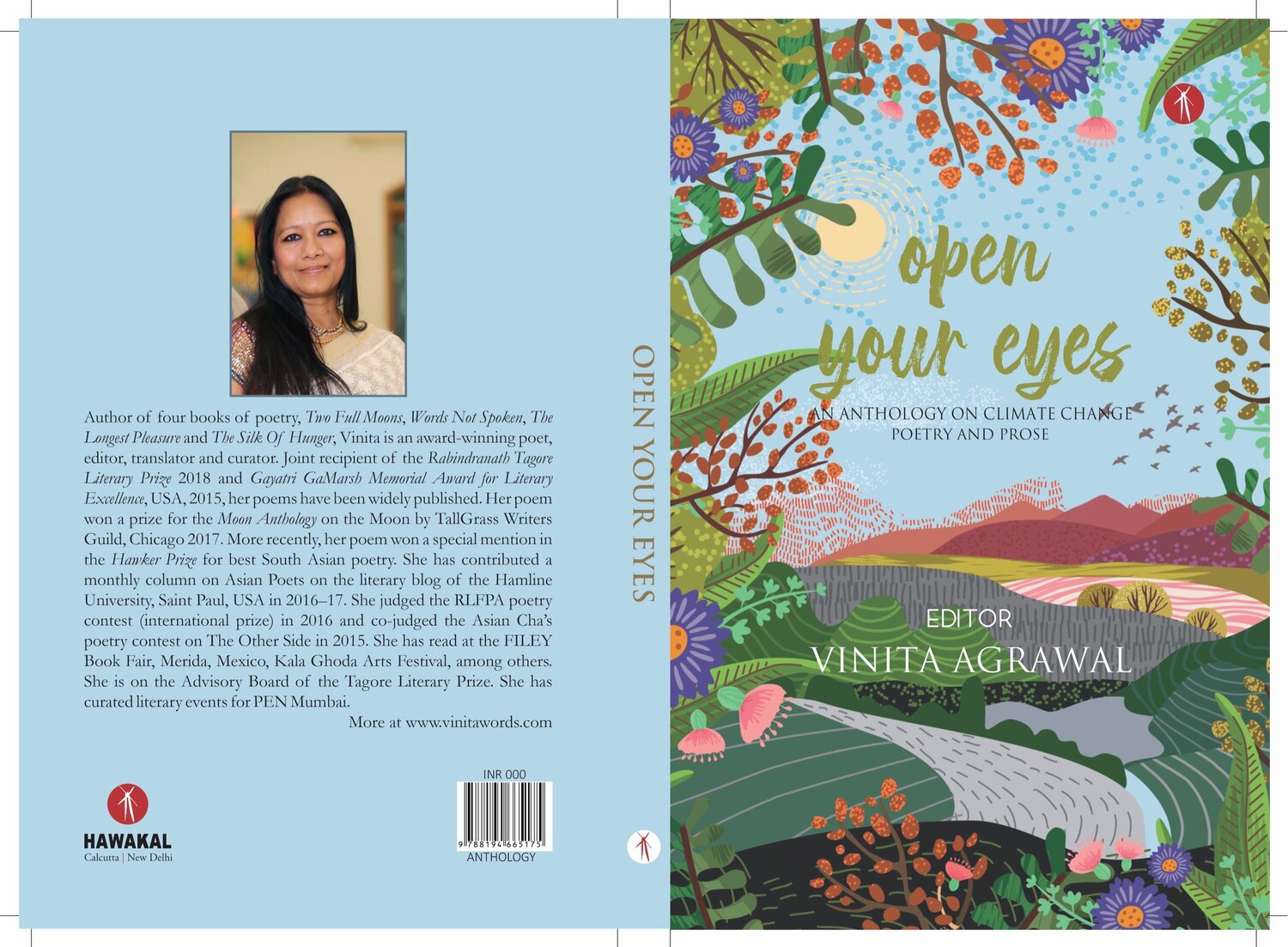
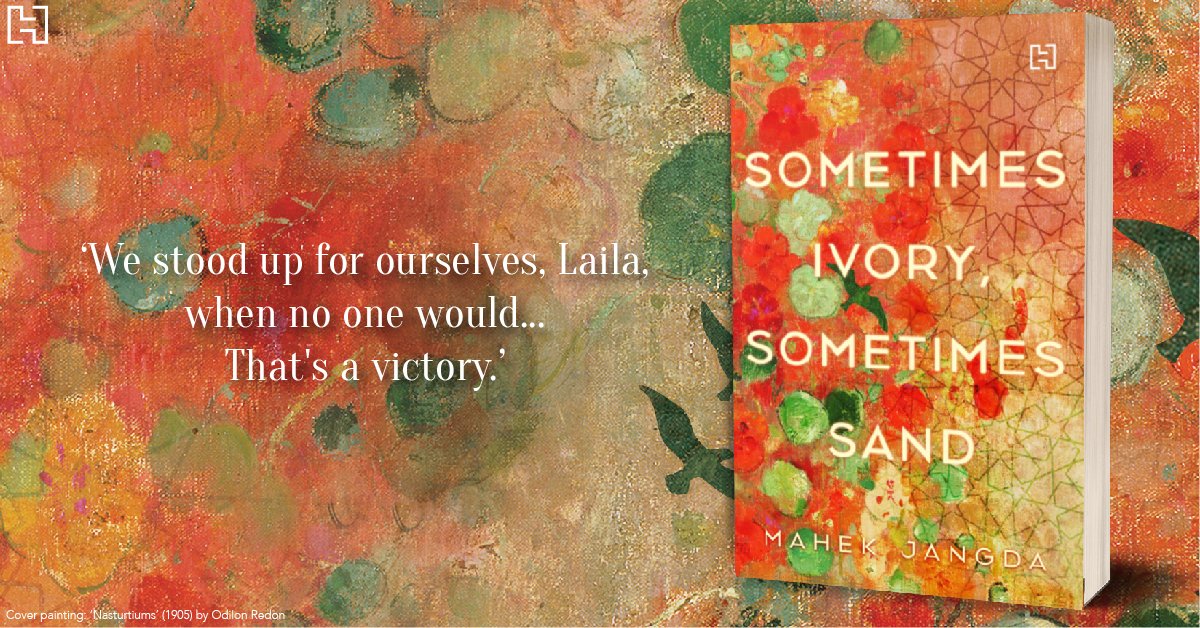

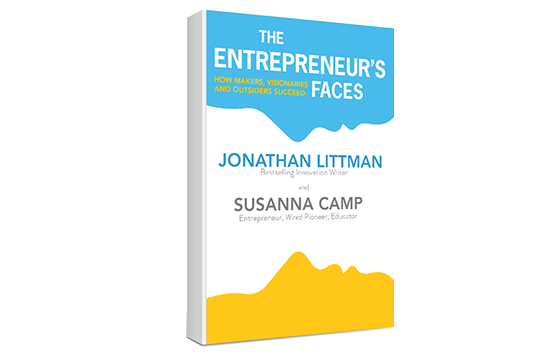
Sorry! No comment found for this post.